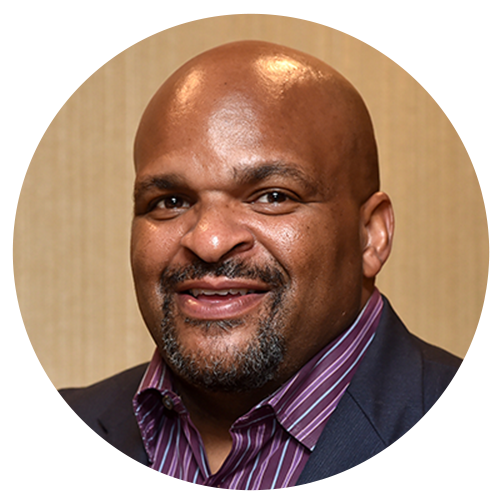During the COVID-19 pandemic, people spent a lot of time isolated and indoors, which helped foster an environment where some people now feel lonelier than ever. The result is a loss of social connectedness—the degree to which people feel the social connections and relationships in their lives to satisfy their wants and needs. When social…
Your Welcoa membership has expired.
Why Emotional Intelligence is the Key to Organizational Wellness
Last fall, the US Surgeon General’s Office, the leading public health authority in the United States, released a report that provides a framework for mental health and well-being. This framework includes several tips and best practices to create a wellness culture where worker voice and equality are emphasized. While the primary users of this framework are workplace wellness industry professionals, savvy CEOs will challenge their Chief Wellness Officers to implement this framework into the organization’s wellness plans. Additionally, savvy CEOs should challenge their Chief Human Resource Officers and Chief Learning Officers to weave this framework into the organization’s talent management philosophy.
The Surgeon General’s Framework for Workplace Mental Health and Well‑Being has the intended outcome of creating a culture where workers feel safe to share their mental health challenges and concerns. Additionally, the Framework intends for there to be equality in organizational wellness policies. To achieve these outcomes, the framework is driven by five “essentials”.
- Protection from Harm – Creating conditions for physical and psychological safety.
- Connection & Community – Creating conditions for inclusion and belonging.
- Work-Life Harmony – Creating the proper blend of work and home activities.
- Mattering at Work – Creating conditions for feeling valued and alignment between work and organizational outcomes.
- Opportunities for Growth – Having an emphasis on creating a learning culture grounded in vulnerability and curiosity.
In his book, The Fourth Industrial Revolution, Klaus Schwab, makes the argument that the goal of organizations is to empower employees and customers, via the development of emotionally intelligent leaders. Faroshia Ashley, founder of the Netherlands-based consulting firm, Emoworks, believes the past 40+ months have shown organizations need the importance of connectedness, leadership, and adaptability, which are all outcomes of emotional intelligence. McKinsey & Company has made the case that in a post-pandemic world, there is a greater need for more human-centric leaders.
Emotionally intelligent leaders help to foster a culture of psychological safety, inclusion and belonging, and employee voice.
With these similarities, it is important for organization leaders, the CEOs, CWOs, CHRO,s and CLOs to look at wellness by creating a cadre of emotionally intelligent leaders. This perspective is beyond viewing emotional intelligence as solely a training exercise. Creating emotionally intelligent leaders should touch all aspects of talent management: interviewing, selecting, onboarding, training, development, promotion, and off-boarding. Additionally, organizational wellness policies should specifically focus on leaders since they are not immune to the wellness challenges in a post-COVID world.
Curious to learn more?
Looking for more information about creating new life-giving habits to improve your overall well-being? Come join us at this year’s WELCOA Summit, in San Diego, September 25-28, 2023 where Dr. Robinson will be providing an all-day intensive session on September 25.
Ready to join us?
Register today!Learn more





